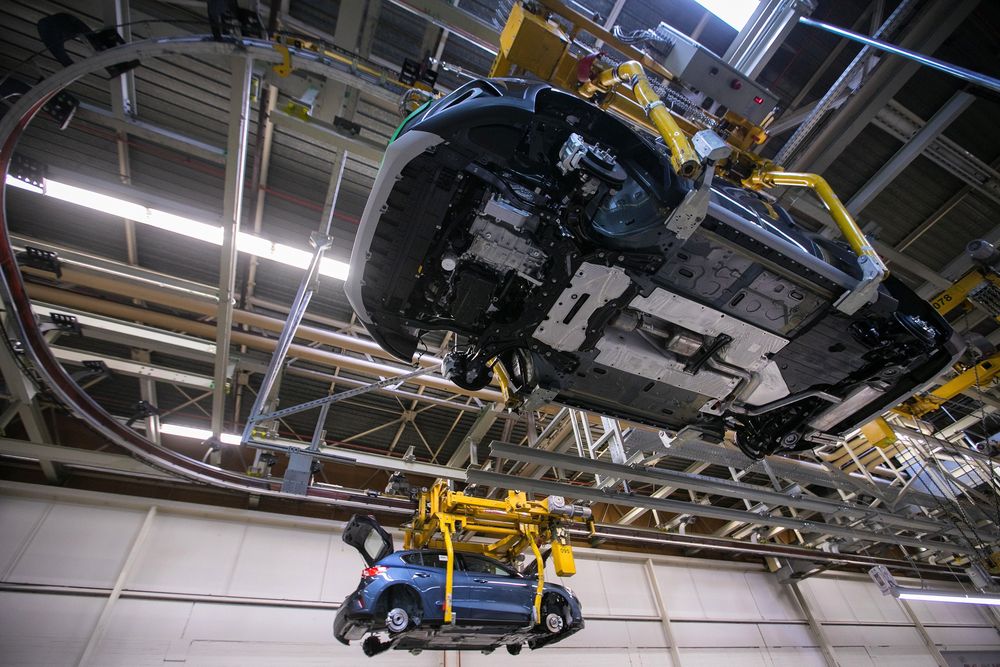Automakers Struggle With Global Chip Shortage
Ariel Go
Trending Writer

Just as the auto industry demonstrated signs of recovery from the shutdowns last spring due to the coronavirus pandemic, an untimely issue regarding a dearth of semiconductor chips has arisen. Because of the global shortage of these silicon chips, nearly every major automaker, including Ford Motor Co, Toyota, and Nissan, have halted some form of car production and furloughed workers. Specifically, Ford and the General Motors Company predict lost earnings due to this unforeseen problem, potentially losing $2.5 billion and $2 billion, respectively.
According to CBS News, AlixPartners, a consulting firm best known for helping businesses solve complex and critical business challenges, expects this chip shortage to reduce approximately $61 billion in revenue from the entire global automotive industry for the current year. This estimate factors in the whole supply chain- ranging from automakers and dealers to larger tier-1 suppliers.
Semiconductor chips are a crucial part of the supply chain as they are used to power computer-controlled systems in practically every high-tech device found in the modern world. Most cars nowadays have installed Bluetooth capabilities, a seating system, collision and blind-spot detection, and other features that all function from the chips. Likewise, the upgraded technology found in both 5G smartphones and gaming consoles, like the PlayStation, requires a great amount of power and relies more on semiconductor chips than previous generations.
Around the time Covid-19 was declared a global pandemic, many auto companies anticipated a plummet in their sales and therefore cut the number of orders of the silicon chips. Despite that, semiconductor producers could shift their production lines to accommodate an increase in orders for chips found in devices, such as laptops, webcams, and tablets, as public demand rose for at-home entertainment. Additionally, businesses were pushed to improve significantly and upgrade their digital infrastructure to host meetings online and adjust to employees working from home. Telecommunications companies also invested in a stronger broadband foundation, further sparking higher demand for semiconductor chips in this industry sector.
Auto sales were able to recover faster than what car companies had projected. At the end of 2020, customer demand for cards had climbed sharply attributed to the distribution of stimulus checks to individuals in the United States, low-interest rates, and the need to get to other places not involving mass transportation. As a result, automobile manufacturers had augmented production to maximum levels, which led to a rise in demand and competition for computer chips. However, major companies like Intel are struggling to meet demand, and overseas chipmakers are experiencing supply chain disruptions with several closed down factories.
There is simply not enough supply to go around. According to the New York Times, the shortage of chips is anticipated to last well into 2021, likely drawing out for six to nine months before semiconductor makers can realign production. While the deficiency of chips will not cause a steep rise in auto prices, buyers will have to wait longer to get their desired vehicles.
Contact Ariel at ariel.go@student.shu.edu

